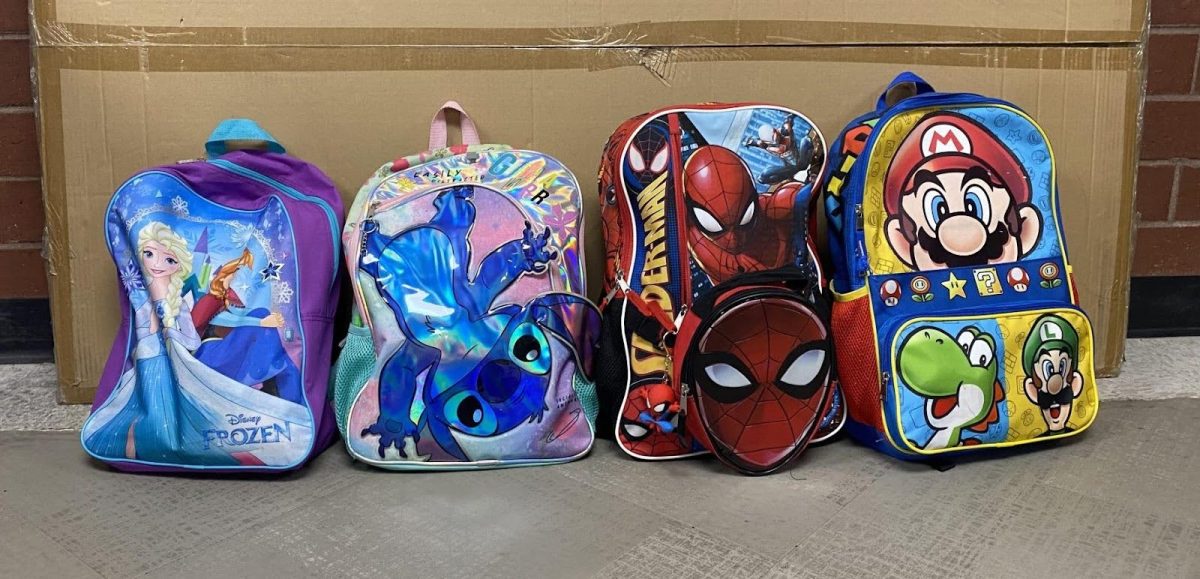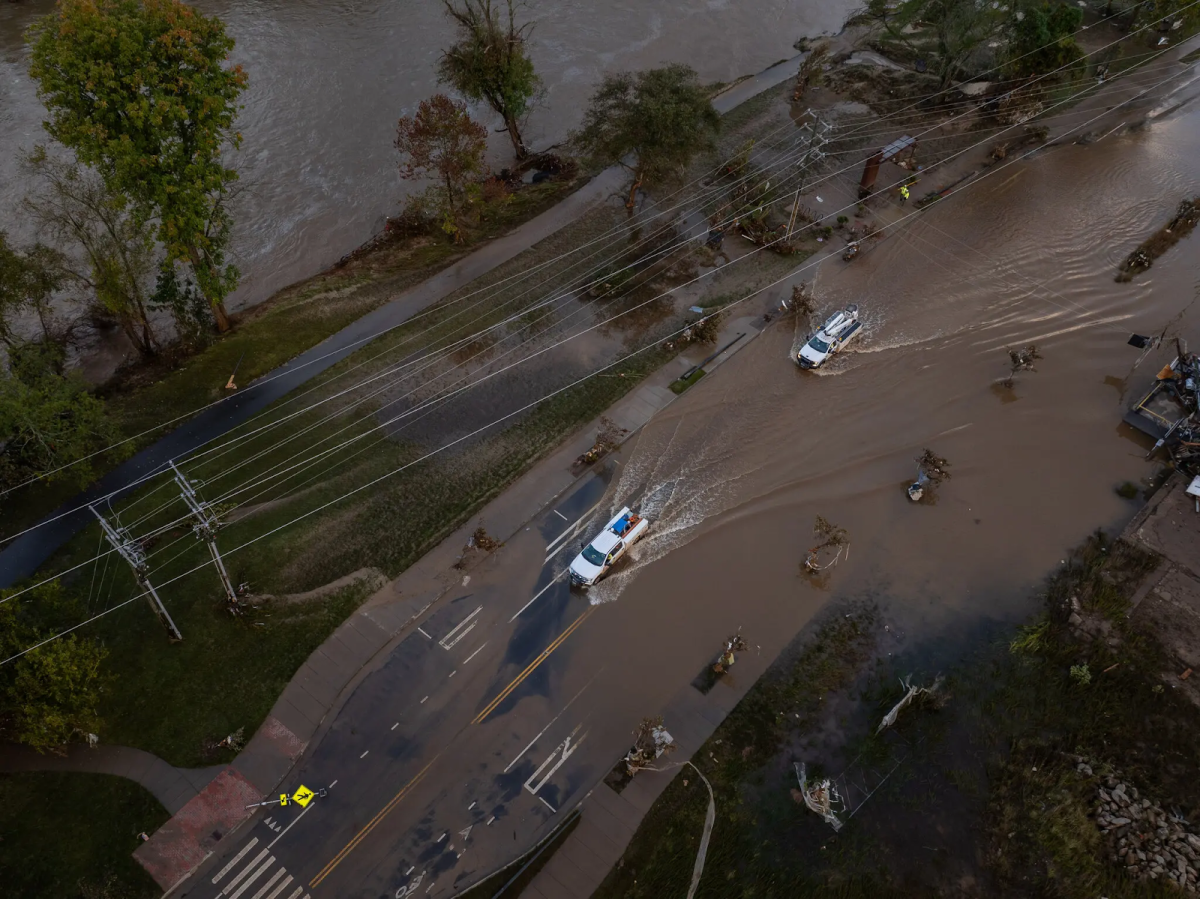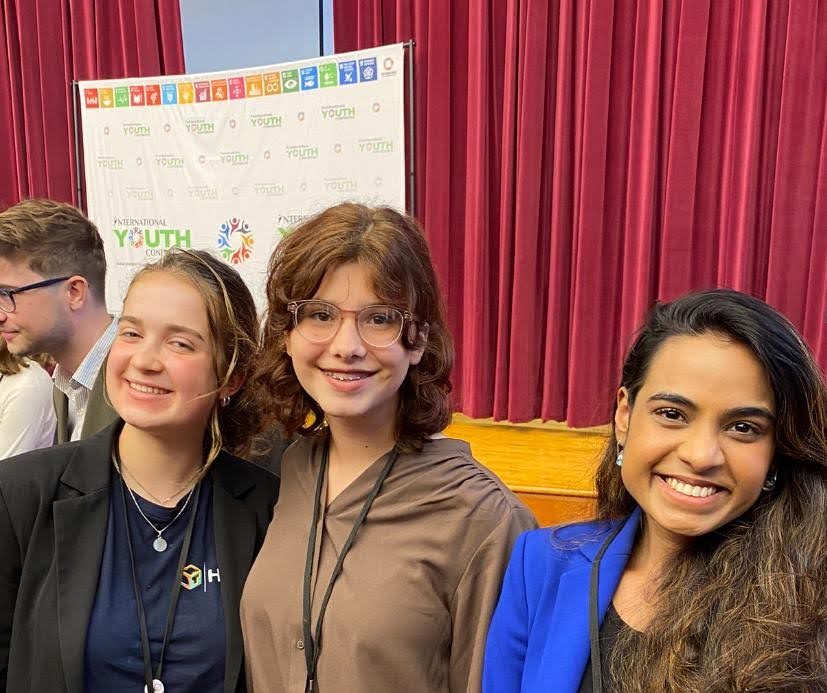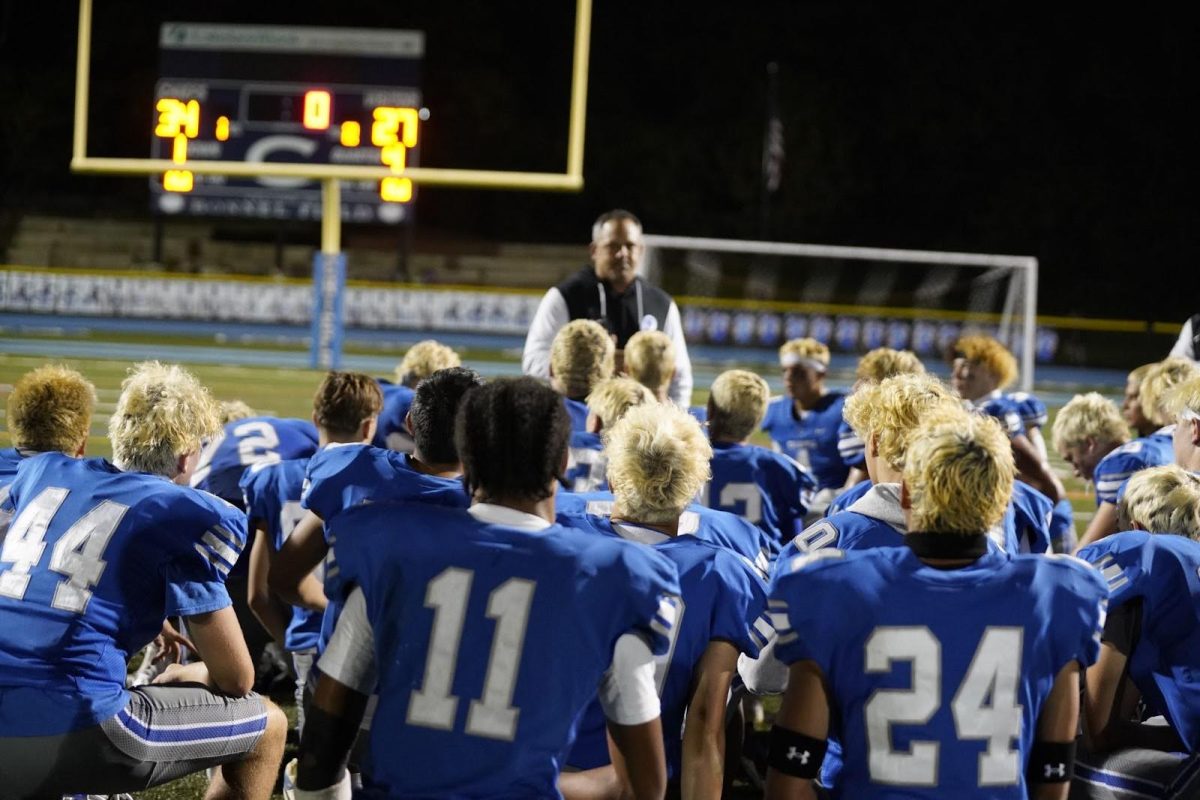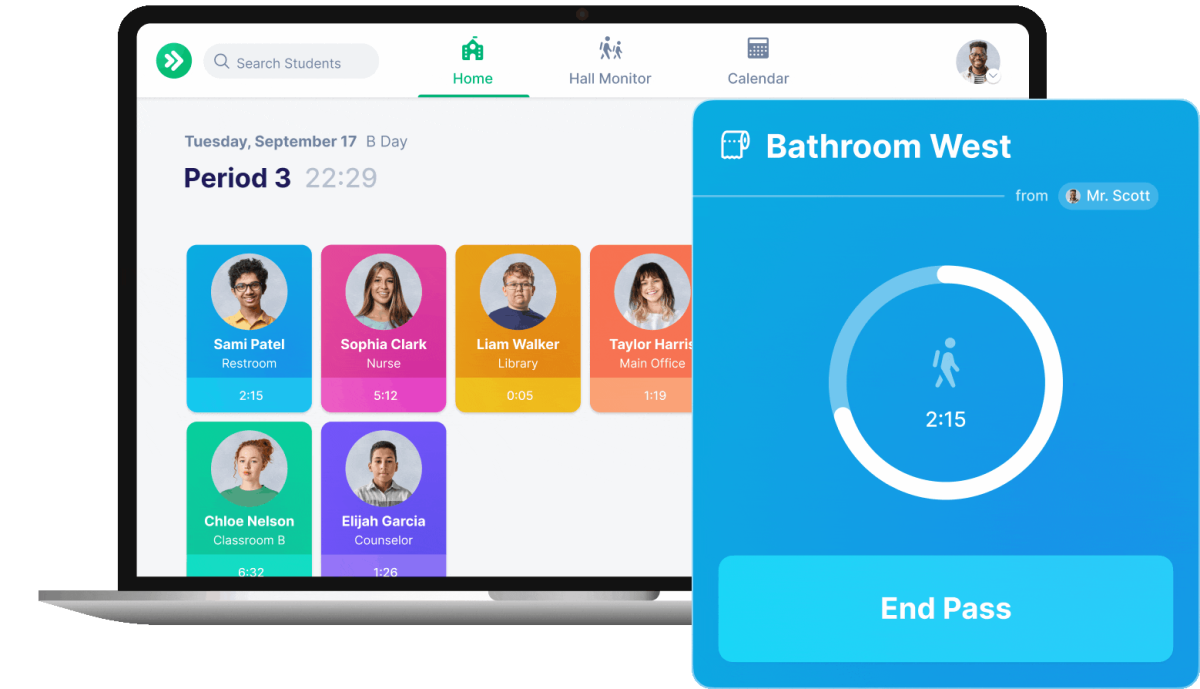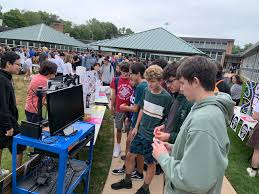
It has now been a little over a year since the start of the COVID-19 pandemic. This year has obviously been a challenge for many people, and the pandemic has affected everyone in some way or another. This includes young children, whose development has been negatively impacted by the COVID-19 pandemic.
According to Dr. Michelle Aguilar, the head of pediatrics at Venice Family Clinic in Los Angeles, California, “Children are not getting the cognitive and social stimulation that they would normally get outside their home.” Providers have noticed delays in speech and language, as well as trouble sharing and being in groups.
Socializing plays a huge role in a child’s development, which includes learning to share and improving their language skills. With social distancing measures in place, many children are missing out on opportunities to play with other children.
Stacy Scarborough, the head of Venice Family Clinic’s early head start program, sees “a heightened awareness of everything…They’re constantly telling on each other.” This can be concerning because if these young children continue to think that it is most beneficial for them to tell on each other, they are going to have a very hard time working together. In order to solve major issues, people need to be able to work together.
The lack of social interaction has also greatly affected young children. Young children need to learn how to share because knowing how to share is a skill people need to have in order to have healthy relationships and work well with others in the workplace. With social distancing measures in place, young children are taught that they are not supposed to share anything with others, due to spreading contagion. At an age where young children are supposed to be learning how to share and work well with others, young children are being taught that they need to stay away from each other. While one can argue that these children will learn these skills when the pandemic is over, it will be much harder to teach children how to share and work well with others after they have the trauma of being told it is not safe to share items and be close to others.
Skills like sharing and learning how to work in a group are not the only areas of concern. Delays in speech and language have also been noted by therapists and providers. According to Cynthia Marks, a Speech Language Pathologist and the owner of Southeastern Speech Therapy Services, children begin to learn how to speak by watching adults. Obviously, when people are wearing masks, children cannot watch their mouth movements and imitate. It is also important for young children to learn to recognize facial expressions and equate them with emotions. Many young children have been falling behind on picking up emotional cues since people have to wear a mask in most public places.
According to educational psychologist and parenting expert Dr. Michelle Borba, “emotional literacy is this gateway to empathy and social connection, and now we’re wearing masks, so it’s harder and harder to be able to read facial expressions.” While young children can learn to observe people’s body posture and tone of voice, it will be more challenging for young children to become emotionally literate when they do not see as many facial expressions as they usually would.
While so many people have been negatively affected by the COVID-19 pandemic, it is important to acknowledge the challenges young children face due to the pandemic. If we acknowledge the negative impacts the pandemic has had on young children, we can work towards helping young children and setting them up for success. Hopefully, the COVID-19 pandemic will soon come to an end and there will be a greater sense of normalcy.


